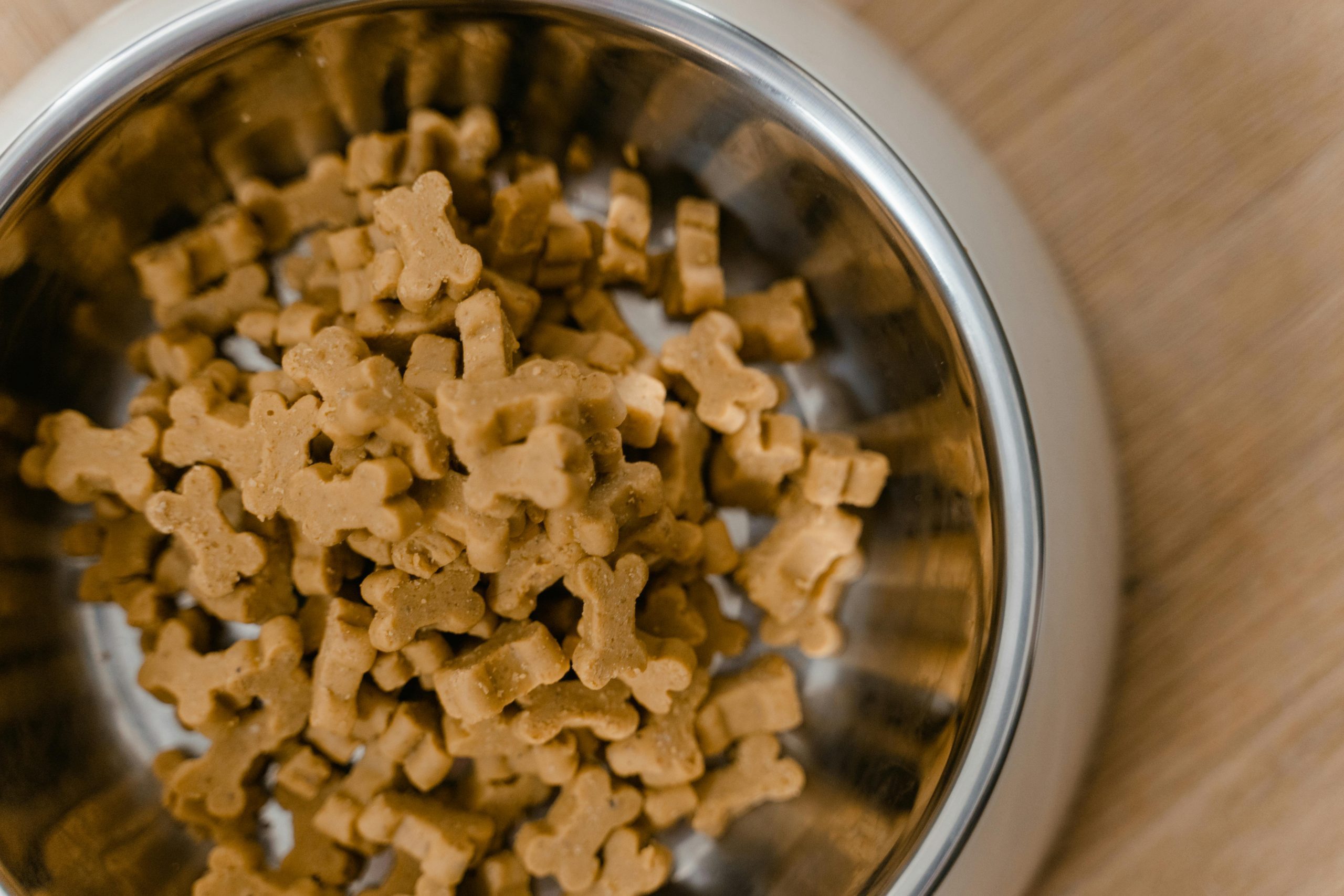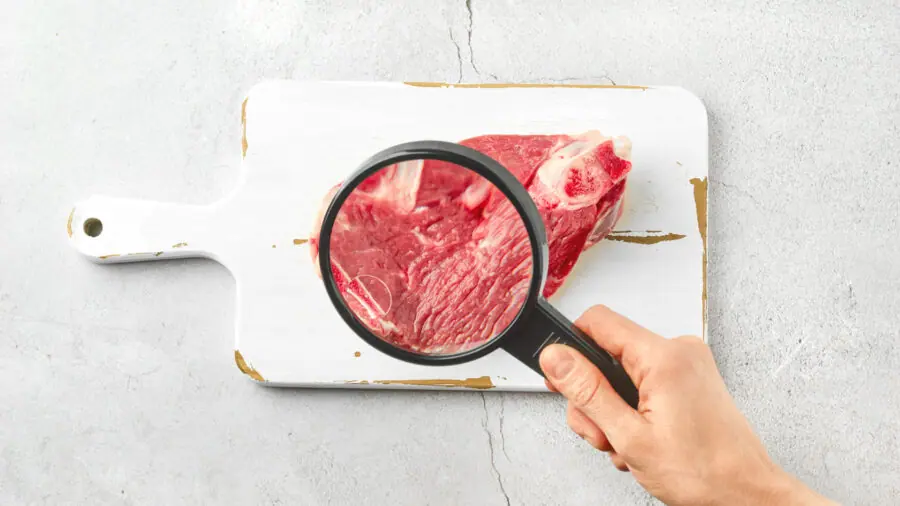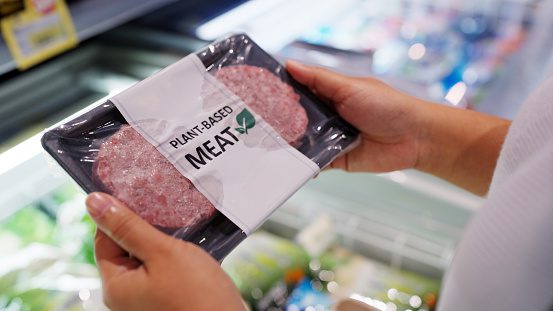Bene Meat Technologies: Changing Pet Food with Cultivated Meat
The revolutionary change coming over the cultivated pet food industry, a new wave of companies is embracing the power of cultivated meat. One such leading company, Bene Meat Technologies, a Czech startup, has just unveiled an advanced cell bank showcasing the power of cultivated meat in the pet food industry. This development is one of the important steps toward sustainable and ethical production of pet food, presenting an alternative that takes care of the concerns on environmental grounds as well as animal welfare.
Cultivated Meat: What Is It, and Why Does It Matter for Pet Food?
Cell-based, more colloquially referred to as lab-grown meat, basically describes meat produced by growing animal cells in a controlled environment rather than by traditional means, where it is obtained from slaughtered animals. Although this may sound like old news in the context of producing food for human consumption, its application to pet food is a very exciting, innovative approach that can certainly change the face of the pet food industry.

The pet food industry is deeply reliant on resource-intensive animal agriculture which is harmful to the environment. In contrast, the technology used to produce cultivated meat requires much lower inputs of land, water, and energy. By developing cultivated meat specifically for pet foods, companies like Bene Meat Technologies help partly overcome environmental concerns associated with traditional meat production.
Bene Meat Technologies’ Cell Bank: A Game-Changer in Pet Food
On the core of innovation, the cell bank of Bene Meat Technologies contains more than 5,000 cell samples taken from various animal species. These cells are such that their sampling involves minor invasive operations, hence respect for animal welfare. It is on this cell bank foundation that cultivated pet food products at the company will be realized through creating consistent, high-quality meat that will answer the nutritional needs of pets while considering ethical and environmental goals.
Cell Bank: Importance for Pet Food Manufacturing
The cell bank is not a storage facility, but rather a starting point of the production process, a place where cells used to grow meat that still contains all the nutrients pets will need are stored. In such a way, the technology will be able to guarantee that cultivated pet food covers the same nutritional needs demanded by traditional meat-based food. This approach, in turn, will provide Bene Meat Technologies with the ability to establish a new standard regarding safety, quality, and sustainability in pet food.
The cell bank can secure a continuous supply of primary cells for the company and allow it to scale up its production of cultivated pet food, one of the key ingredients in meeting demand for more sustainable pet food.
Environmental Benefits of Cultivated Pet Food
This not only affects human food, but it also extends to pet food. Their carnivorous diets, in fact, are some of the leading contributors to large greenhouse gas emissions, deforestation, and water usage. Among those moving in the right direction toward friendlier environmental practices is the emphasis that Bene Meat Technologies places on cultivated pet food.

How Cultivated Meat Reduces the Environmental Footprint
For example, cultured meat uses significantly less land and water than the conventional meat produced. The levels of greenhouse gas emissions are also low. This will eventually contribute to eliminating deforestation and over-exploitation of nature due to increased efforts towards minimizing dependence on the traditional rearing and slaughtering of animals for meat. This can be looked at with a wider perspective of carbon footprint reduction in the manufacture of pet food and will be hence a viable path toward sustainability.
Ethical and Welfare Issues in Pet Food Manufacturing
One of the most important concerns within the context of the meat industry is ethical treatment. Traditional production in the meat industry means rearing and slaughtering animals, a process that usually raises animal welfare concerns. The production of cultivated meat will eliminate animal slaughter once and for all.
Bene Meat Technologies’ Commitment to Animal Welfare
To this end, Bene Meat Technologies utilizes a cell bank made of samples derived through minimal invasion to ensure its cultivated pet food products are developed with animal welfare in mind. This makes production ethical, but also caters to the growing number of consumers who are conscious about animal welfare.
Expanding Horizons: From Pet Food into Human Food
While at the moment Bene Meat Technologies focuses on the pet food market, the company has ambitious plans to enter the human food market. Its progress within the field attracted the attention of the European Union and it became the first company in the region to get registration for the production and sale of cultured cells meant for pet food only. In addition, Bene Meat Technologies is working to get the green light from the FDA to enter the US market milestone that would signal a complete acceptance of cultured meat worldwide.
Implications for the Future of Food
Theoretically, with the ability to fabricate cultured meat for human consumption, the actual impact of Bene Meat Technologies can go beyond pet food. Regarding the technology in cultured meat, as it progresses, this can almost be a more sustainable alternative to traditional meat on a larger scale because it can solve food security concerns and reduce the environmental burden due to raising livestock.
This cell bank, when thought about in the context of the company, is a game-changer not only for pet food but may also play a wider role in the movement toward sustainable food production for humans in general. With the increasing demand for alternative sources of protein, the work at Bene Meat Technologies in cultivated pet food is setting the leading charge toward an ethical, more sustainable future.
Leading the Charge Toward a New Food Paradigm
Bene Meat Technologies’ release of the cell bank is about far more than a technological revolution’s a new turn in food production. Based on the company’s activity in cultivated meat for pet food, it is setting a very welcome precedent that could transform the whole pet food industry with its responsible and sustainable processing.

A Future Without Animal Slaughter
It has, therefore, brought them even closer to their dream of a world where animals would not be slaughtered for their meat. This noble feat is courtesy of companies committed to this course, like Bene Meat Technologies. Thanks to its novel approach to the production of cultivated pet food, this hope of a future in which meat is produced without compromising animal welfare or harming the environment comes into view. With its continued growth, the company no doubt will encourage others to take a closer look at the potential for cultivated meat within the food industry it is for pets or humans.
The new cell bank of Bene Meat Technologies marks a relevant step toward a more ethical, sustainable, and humane production of pet food. As cultured meat goes more and more mainstream, it could one day pave the way to a future in which our pets-and maybe even ourselves premium, nutritious food without any of the environmental or ethical problems posed by meat. Just the beginning of the journey toward a sustainable food future, Bene Meat Technologies is at the front line in this exciting transformation.









